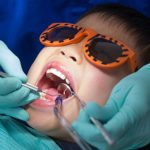Vaping After Wisdom Teeth Removal: A Comprehensive Guide
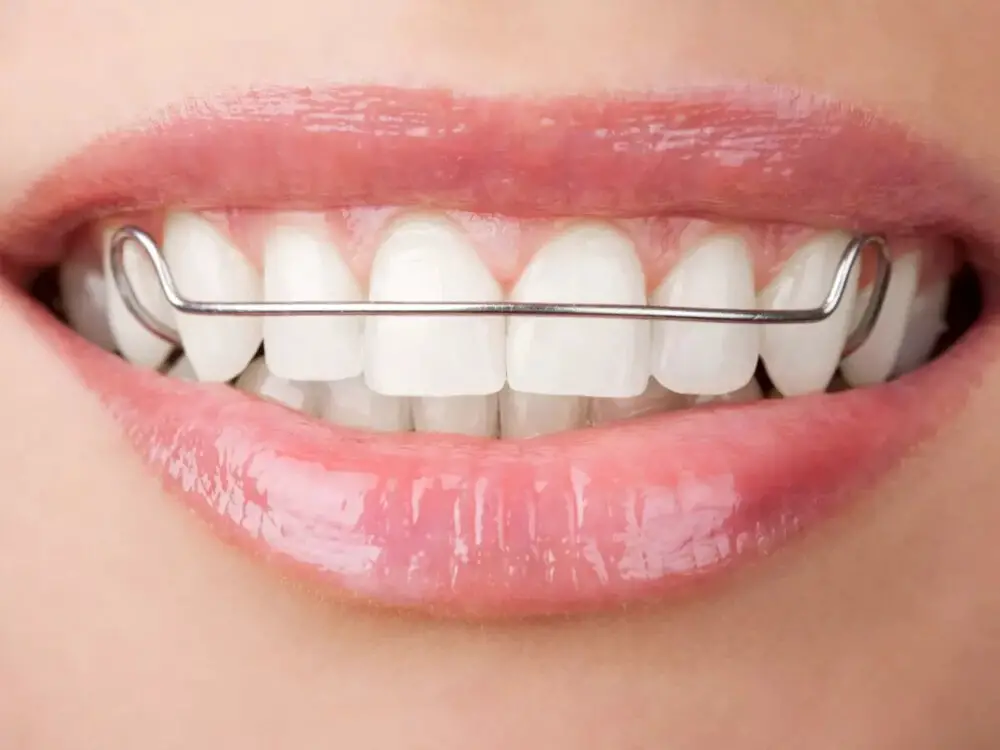
Wisdom teeth removal can be a painful and uncomfortable experience, leaving many people searching for ways to alleviate their discomfort during the recovery process. One of the most common questions asked by those who vape is whether it is safe to continue vaping after having their wisdom teeth removed. Vaping is a popular alternative to smoking that involves the use of electronic cigarettes that produce vapor rather than smoke. In this comprehensive guide, we will explore whether or not vaping after wisdom teeth removal is safe, as well as provide tips and advice for those who choose to continue vaping during their recovery. It is important to understand the potential risks associated with vaping after wisdom teeth removal, as the healing process can be complicated and delicate. While vaping may seem like a harmless activity, the act of inhaling vapor can cause irritation and inflammation in the mouth, which can exacerbate pain and prolong the healing process. Additionally, the use of nicotine, which is present in many vaping products, can impair the body’s ability to heal and increase the risk of complications such as dry socket. Therefore, it is important to take precautions and follow proper aftercare instructions to ensure a smooth and successful recovery.
Wisdom teeth removal is a common dental procedure that involves the extraction of the third molars, which typically grow in the late teenage years or early adulthood. Often, these teeth can become impacted or cause overcrowding, leading to pain, infection, and other dental problems. During the procedure, the patient is placed under anesthesia, and the dentist or oral surgeon removes the teeth using specialized tools. Recovery time varies depending on the complexity of the extraction and the individual’s healing process. Patients may experience swelling, pain, and bleeding for a few days after the procedure and may need to avoid certain foods and activities during the recovery period. It is essential to follow the dentist’s instructions carefully to ensure proper healing and avoid complications.
After undergoing a surgical procedure, it is essential to follow the postoperative care instructions provided by your surgeon or dentist. It is especially crucial when it comes to wisdom teeth removal, as the recovery process can be uncomfortable and lengthy. Proper postoperative care can help reduce swelling, pain, and the risk of infection, leading to a faster and smoother recovery. Some of the essential steps in postoperative care include managing pain and swelling, maintaining oral hygiene, avoiding smoking or vaping, sticking to a soft food diet, and attending follow-up appointments. Neglecting postoperative care can lead to complications, such as dry socket, prolonged pain, and even infections, prolonging the recovery process. Therefore, it is crucial to take postoperative care seriously and follow the instructions provided by your healthcare provider to ensure a smooth healing process.
Vaping after surgery, particularly wisdom teeth removal, poses potential risks to one’s recovery. The aerosolized particles in e-cigarette vapor can irritate the surgical site, leading to inflammation and delayed healing. Nicotine, a common component of e-liquids, constricts blood vessels and impairs circulation, which can further slow down the healing process. Additionally, vaping can dry out the mouth and throat, which can cause discomfort and increase the risk of infection. Inhaling the chemicals in e-liquids can also cause respiratory problems, particularly in those with compromised lung function. It is crucial to consult with a healthcare professional before vaping after surgery to avoid any potential complications.
What is Vaping?
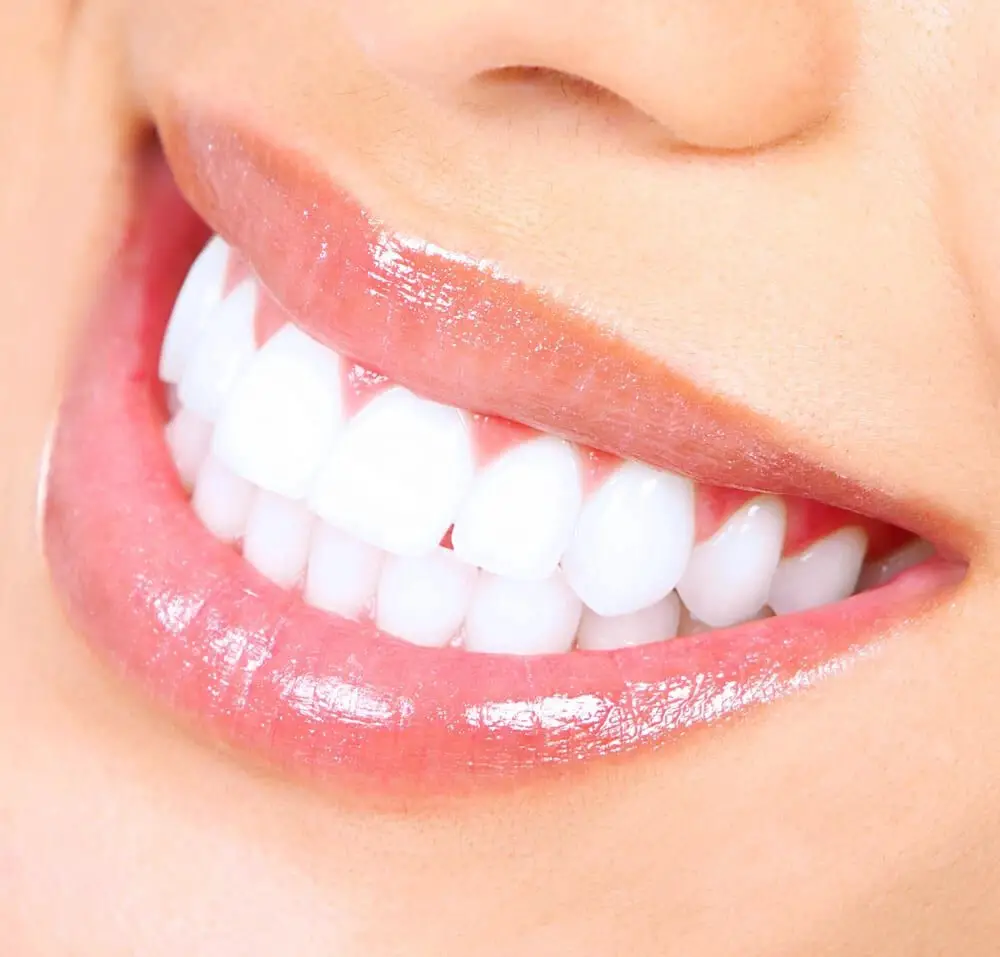
Vaping is the act of inhaling and exhaling vapor produced by an electronic device, commonly known as an e-cigarette or vape pen. Vaping devices heat a liquid, also known as e-juice, which contains nicotine, flavorings, and other chemicals. The liquid is heated to a temperature that turns it into a vapor, which is then inhaled by the user. Vaping has become a popular alternative to traditional smoking due to its perceived lower health risks and lack of second-hand smoke. However, the long-term effects of vaping are still being studied, and it is not yet clear how safe it is. While vaping may seem like a harmless alternative to smoking, it still has potential risks and side effects. Some of the most common side effects of vaping include dry mouth, throat irritation, and coughing. Additionally, the nicotine found in many e-juices can be highly addictive and can lead to dependence. It is important to note that vaping is not recommended for individuals who have recently undergone surgery, such as wisdom teeth removal, as the act of inhaling and exhaling vapor can lead to complications such as dry socket. If you are considering vaping after wisdom teeth removal, it is important to consult with your dentist or oral surgeon to determine if it is safe for you to do so.
Vaping refers to the act of inhaling vapor produced by an electronic cigarette or other similar devices that heat a liquid or oil. Unlike traditional smoking, which involves burning tobacco to produce smoke, vaping involves heating e-liquids containing nicotine, flavorings, and other chemicals to create an aerosol that is inhaled. While vaping is often marketed as a safer alternative to smoking, there are still risks associated with its use, including addiction to nicotine and exposure to harmful chemicals. Additionally, after wisdom teeth removal, vaping may interfere with the healing process and increase the risk of complications, making it important to consult with your dentist or oral surgeon before using any tobacco or nicotine products.
There are various types of vaping devices and eliquids available in the market, each with its unique features and benefits. Pod systems, box mods, and disposable vapes are some of the popular vaping devices. Pod systems are compact and easy to use, while box mods offer more customization options for experienced vapers. Disposable vapes are convenient for beginners who don’t want to invest in a long-term device. When it comes to eliquids, there are countless flavors and nicotine strengths to choose from. Some popular eliquid flavors include fruity, dessert, and menthol. Additionally, eliquids come in different VG/PG ratios, which can affect the overall vaping experience. It’s essential to choose a vaping device and eliquid based on your preferences and individual needs.
There are several common misconceptions about vaping that have been circulating in recent years. One of the most prevalent is the belief that vaping is a safe alternative to smoking. While it may be true that vaping is less harmful than smoking traditional cigarettes, it is not without its risks. Many e-cigarettes contain nicotine, which can be addictive and have negative health effects. Additionally, the chemicals used to create the vapor can be harmful to the lungs and respiratory system. Another misconception is that vaping is harmless to those around you. However, studies have shown that secondhand vapor can contain harmful chemicals and particles that can be harmful to others. It is important to be aware of these misconceptions and make informed decisions about vaping.
Wisdom Teeth Removal: Healing Process
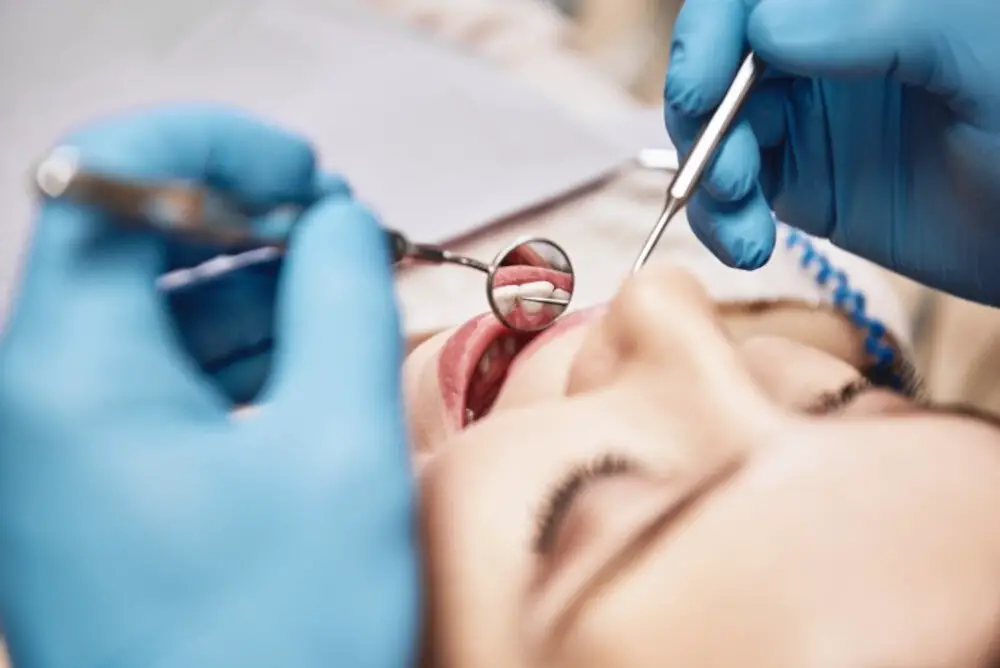
After getting wisdom teeth removed, the healing process can vary from person to person. Typically, the first few days after the procedure will involve swelling, discomfort, and bleeding. It’s important to follow the post-operative instructions given by the dentist or oral surgeon to ensure proper healing. This may include taking prescribed pain medication, using ice packs to reduce swelling, and avoiding certain foods and activities. It’s also important to keep the mouth clean by gently rinsing with salt water and avoiding brushing or flossing the surgical site. As the days go by, the swelling and discomfort should start to subside. However, it may take several weeks for the mouth to fully heal. During this time, it’s important to continue following the post-operative instructions and attending any follow-up appointments with the dentist or oral surgeon. It’s also important to avoid smoking or vaping during the healing process, as this can delay the healing and increase the risk of complications. By taking proper care of the surgical site and following the instructions given by the dental professional, patients can ensure a smooth and successful healing process after wisdom teeth removal.
The healing process after wisdom teeth removal can be divided into several steps. First, the initial stage involves controlling bleeding, reducing swelling, and managing pain. This usually lasts for the first few days after the procedure. Second, the socket where the tooth was extracted will start to heal and close up, forming a blood clot. It’s important to avoid dislodging this clot by not using straws or smoking, as this can lead to a painful condition known as dry socket. Third, the body will start to rebuild the bone and tissue that was lost during the extraction, which can take several weeks. During this time, it’s important to maintain good oral hygiene to prevent infection and promote healing. Finally, after several months, the jawbone will fully regenerate and the patient can resume normal activity.
After undergoing surgery, it is crucial to follow certain dos and don’ts to ensure a safe and speedy recovery. Firstly, it is important to follow the post-operative instructions given by your surgeon, including taking any prescribed medications and attending follow-up appointments. Secondly, it is advisable to rest and avoid any strenuous activity or heavy lifting for the first few days after surgery. Keeping the surgical site clean and practicing good oral hygiene is also important to prevent infection. On the other hand, smoking or vaping should be avoided after surgery as it can delay healing and increase the risk of complications. Additionally, consuming alcohol should be avoided as it can interfere with medication and increase the risk of bleeding. Overall, following these dos and don’ts after surgery can promote a healthy and successful recovery.
Failing to follow postsurgery care after wisdom teeth removal can lead to a variety of risks and complications that can prolong the healing process and even lead to permanent damage. Ignoring the instructions provided by the dentist or oral surgeon can result in infections, bleeding, swelling, and dry sockets, which are extremely painful and require additional treatment. Additionally, smoking or vaping after wisdom teeth extraction can delay the healing process and increase the risk of complications such as infection and dry sockets. Therefore, it is crucial to follow the dentist’s instructions and avoid smoking or vaping during the recovery period to ensure a smooth and successful healing process.
Vaping after Wisdom Teeth Removal
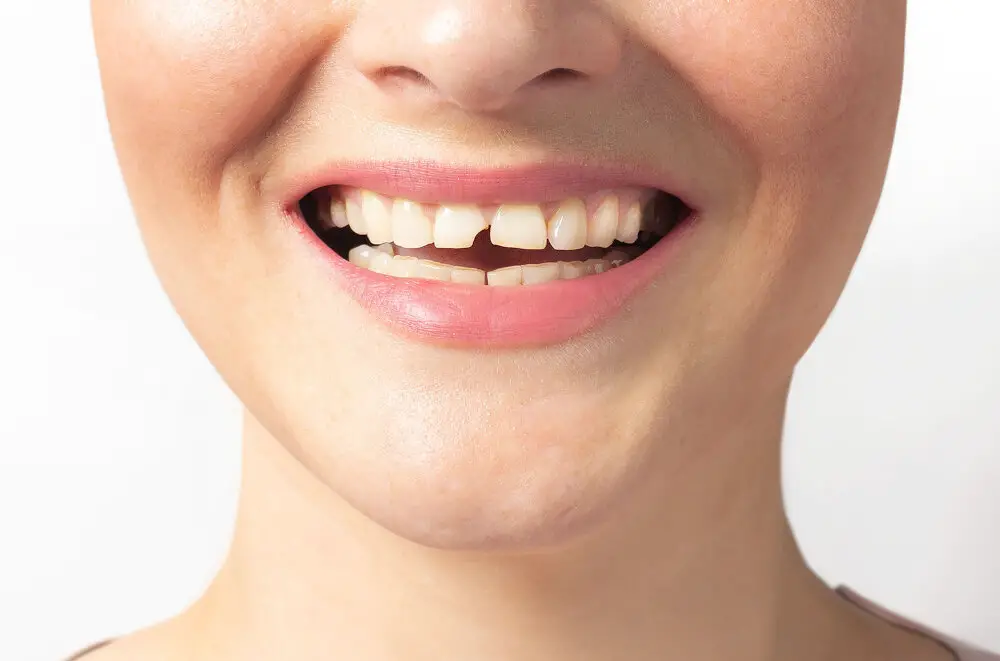
After wisdom teeth removal, it is essential to avoid smoking, including vaping, for at least 72 hours. The smoke and vapor produced by smoking or vaping can cause dry sockets, a painful condition that occurs when the blood clot that forms after tooth extraction is dislodged or dissolved. Dry sockets can cause severe pain and delay the healing process. Therefore, it is crucial to follow the dentist’s instructions and avoid smoking or vaping for a few days after wisdom teeth removal. If you are a regular vaper, you may find it challenging to quit vaping for a few days. However, it is essential to remember that avoiding vaping after wisdom teeth removal can help you heal faster and reduce the risk of complications. In the meantime, you can try nicotine replacement therapy or other alternatives to help you manage nicotine withdrawal symptoms. You can also ask your dentist for recommendations and advice on how to cope with the post-operative period. Remember, your health and well-being are essential, and taking good care of your mouth after wisdom teeth removal can help you recover quickly and avoid any potential complications.
Vaping after surgery, particularly after wisdom teeth removal, can pose several risks that patients should be aware of. Firstly, vaping can cause dehydration, which can impede the healing process and increase the risk of infection. Furthermore, vaping involves inhaling hot vapor, which can irritate the surgical site and lead to inflammation, pain, and delayed healing. Additionally, vaping can cause coughing, which can put stress on the surgical site and increase the risk of complications. Finally, many vaping products contain nicotine, which can constrict blood vessels, impair circulation, and delay healing. Therefore, patients should avoid vaping after surgery and follow their dentist’s post-operative instructions to ensure a smooth and successful recovery.
Vaping can negatively impact the healing process after wisdom teeth removal. The chemicals found in e-cigarette vapor can cause irritation and inflammation in the mouth, which can delay the healing process. Additionally, the act of inhaling can create suction in the mouth, which can dislodge the blood clot that forms after surgery and lead to a painful condition called dry socket. Nicotine, a common ingredient in e-cigarettes, can also constrict blood vessels, reducing blood flow to the surgical site and hindering the body’s ability to heal. For these reasons, it is recommended that patients avoid vaping for at least 72 hours after wisdom teeth removal to promote proper healing.
During the recovery period after wisdom teeth removal, it is important to avoid vaping as it can hinder the healing process and increase the risk of complications. However, there are several alternatives to vaping that can help alleviate stress and anxiety. One option is to engage in relaxation techniques such as deep breathing exercises, meditation, or yoga. Additionally, engaging in physical activity such as taking a walk or going for a light jog can help reduce stress and promote overall well-being. Another alternative is to find a creative outlet such as painting, drawing, or writing to distract from any discomfort or pain. Ultimately, finding healthy alternatives to vaping can not only aid in the recovery process but also promote long-term health and well-being.
After undergoing a surgical procedure, it’s crucial to take proper care of yourself during the recovery period to ensure the best possible outcome. This is especially true when it comes to oral surgery, such as wisdom teeth removal, as the mouth is a sensitive area that requires special attention. Following postsurgery care instructions can help to prevent infection, reduce pain and swelling, and promote faster healing. It’s important to avoid certain activities, such as smoking or vaping, that can hinder the healing process and increase the risk of complications. By taking the necessary precautions and following your dentist’s instructions, you can ensure a smooth and successful recovery after wisdom teeth removal.
It’s essential to remember the potential risks of vaping after wisdom teeth removal. While vaping may seem like a safer alternative to smoking, it still exposes the mouth and throat to potentially harmful chemicals. After wisdom teeth removal, the mouth is particularly vulnerable to infection and inflammation, and vaping can delay the healing process, increasing the risk of complications. Additionally, the suction required to inhale the vapor can dislodge the blood clot that forms after the surgery, causing a painful condition called dry socket. It’s crucial to follow your dentist’s post-operative instructions and avoid all forms of smoking and vaping for at least 48 hours after surgery to ensure proper healing and minimize the risk of complications.
In conclusion, vaping after wisdom teeth removal can be a tricky issue to navigate. While it may be tempting to continue vaping, it is important to remember that the suction involved can cause complications in the healing process. It is recommended to wait at least 72 hours before resuming vaping, and to do so with caution. It is also important to follow all post-operative instructions provided by your dentist or oral surgeon to ensure a smooth and speedy recovery. Ultimately, it is best to err on the side of caution and prioritize your oral health over any temporary pleasure from vaping.
Conclusion
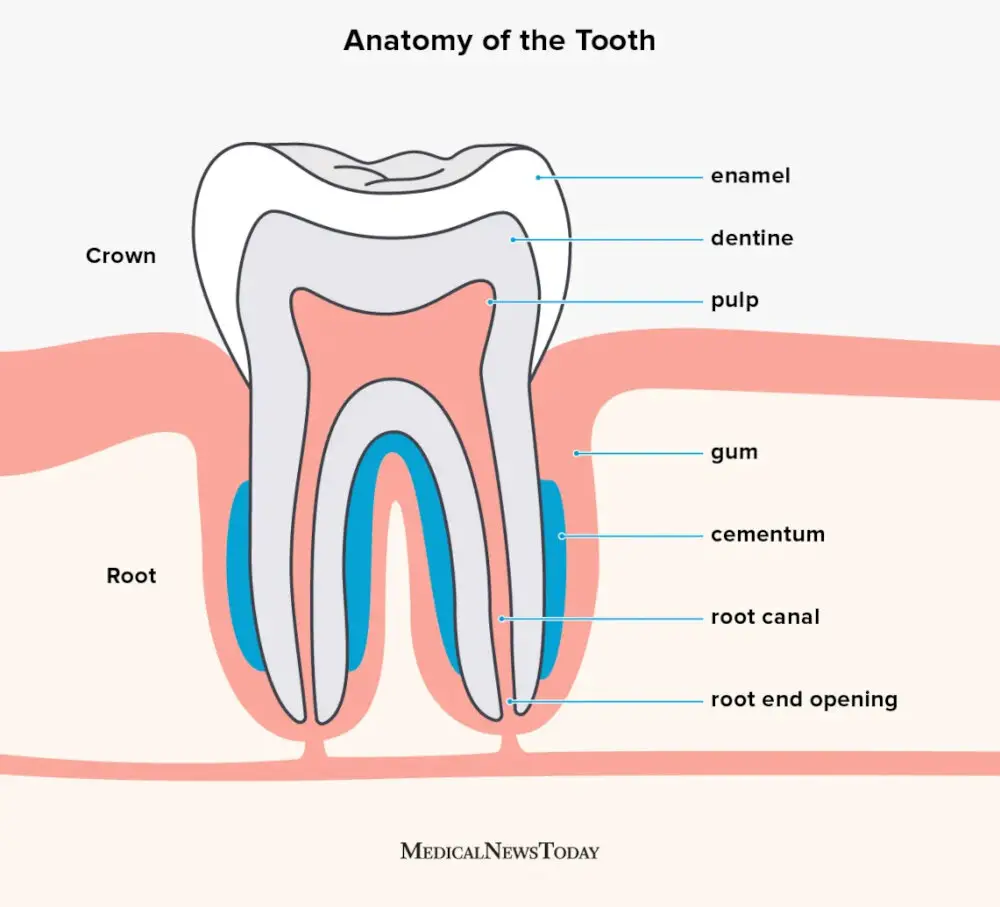
In conclusion, vaping after wisdom teeth removal is not a straightforward issue. While it may seem like a safer alternative to smoking, it still poses risks to the healing process and can lead to complications such as dry socket. It is important to follow the guidelines provided by your dentist or oral surgeon and refrain from vaping until you are fully healed. It is also crucial to consider the long-term effects of vaping on your oral health and overall well-being. Quitting vaping altogether may be the best option for maintaining a healthy and pain-free mouth. Ultimately, taking the time to weigh the pros and cons and make informed decisions about your oral health can lead to a smoother and more successful recovery after wisdom teeth removal.




